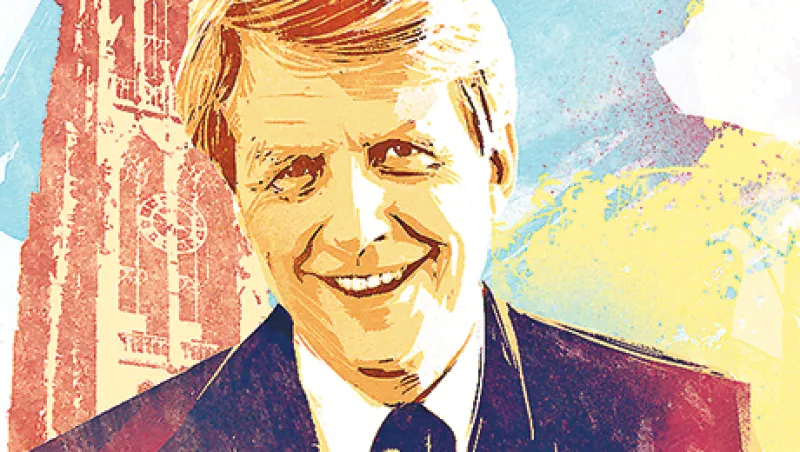
Robert Shiller Says Markets Have Become More Prone to Bubbles
The Nobel laureate contends that investors need to study human nature and history, and avoid falling victim to groupthink.
Robert Stowe England
February 27, 2014


